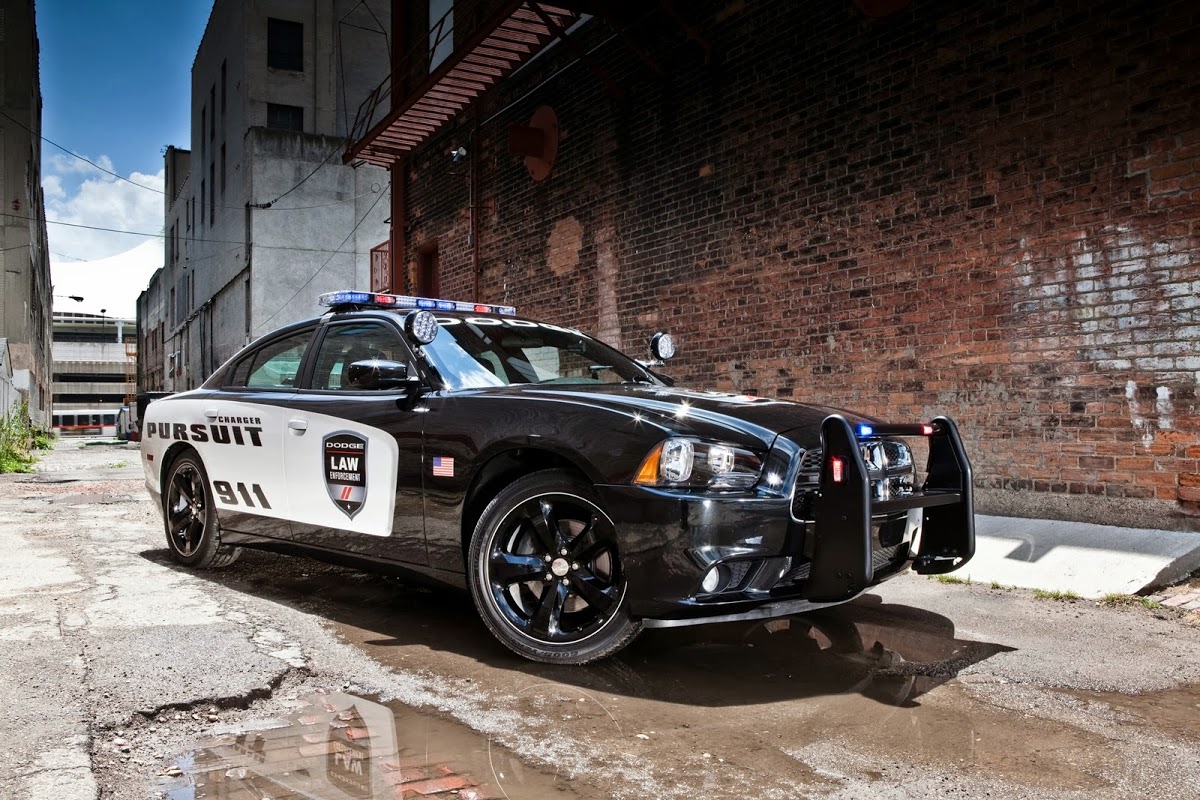Canada became the largest country to legalize weed earlier this week, but the decision could have serious consequences in terms of safety.
According to a new study published by the Insurance Institute for Highway Safety (IIHS), states that have legalized marijuana for recreational use have higher crash rates than their neighbors.
The study focused on the states of Colorado, Nevada, Oregon and Washington and used neighboring states such as Idaho, Montana, Utah and Wyoming for control purposes. Analysts then looked at collision loss data from January 2012 to October 2017 and while accounting for factors such as population, weather and the urban / rural mix.
The study found that collision claims rose six percent in the four states since they began allowing retails sales of marijuana. This figure is backed up by police data which shows there has been a 5.2 percent increase in crash rates since weed was legalized.
While the two findings are similar, the IIHS noted the states have varying laws on marijuana and “these differences can influence how often consumers buy marijuana, where they buy it and where they consume it.” However, IIHS President David Harkey says the study “indicates that legalizing marijuana, for all uses, is having a negative impact on the safety of our roads.”
While the study suggests there is a connection between legalizing marijuana and an increase in crashes, hard numbers are difficult to come by. As the IIHS notes, “Many states don’t include consistent information on driver drug use in crash reports, and policies and procedures for drug testing are inconsistent.”
Even when tests are performed, they might not be all that conclusive. Unlike alcohol, people can have Tetrahydrocannabinol (THC) in their system days or weeks after using consuming weed.






